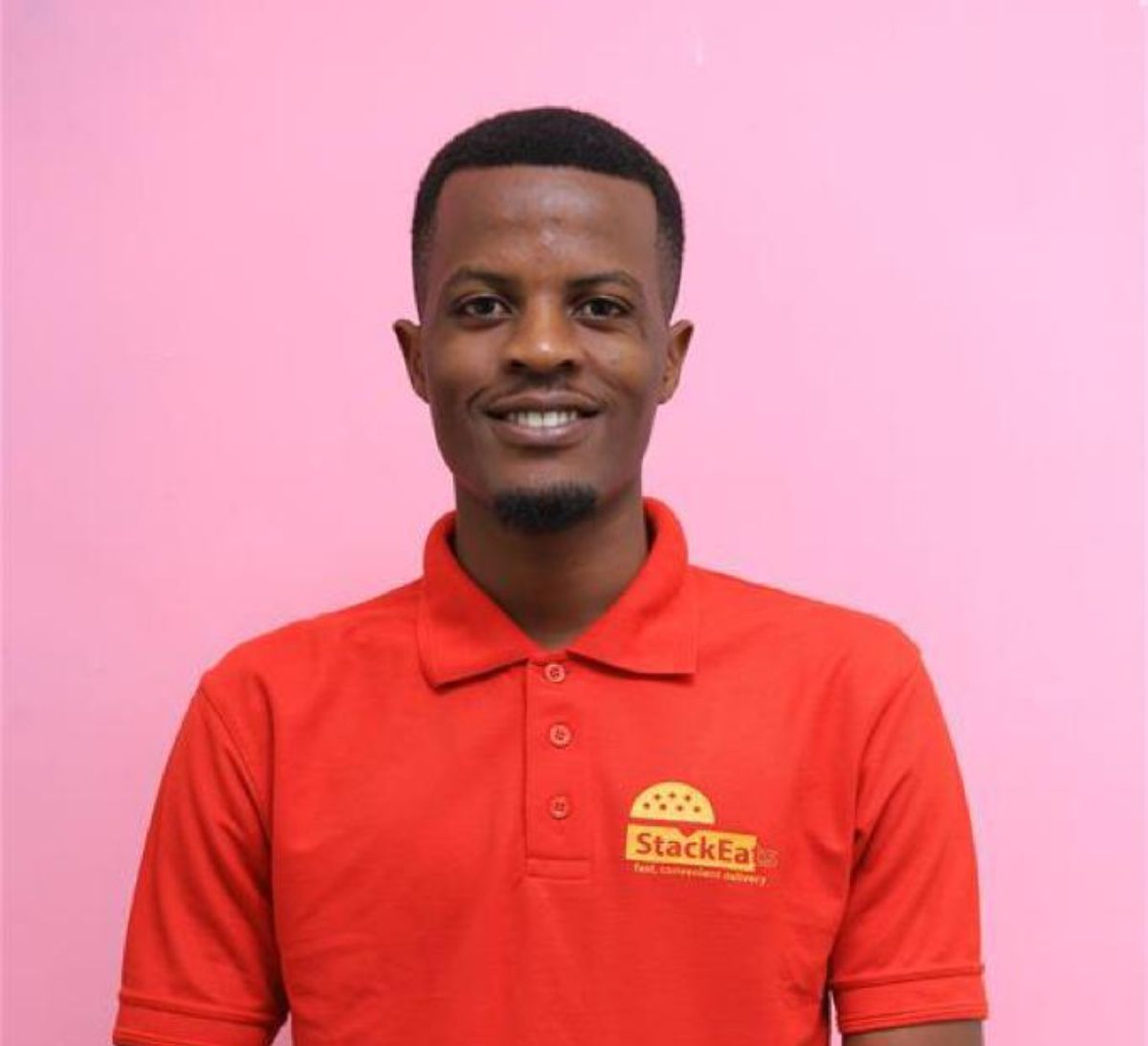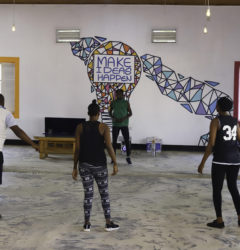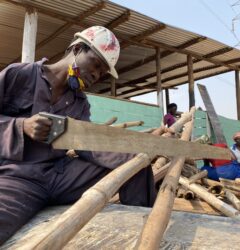22 Apr

There is a young man in Mbarara changing the idea on how to access food. “What we do is fast and convenient food delivery,” Bill Miles Ariho says, “We approached a number of restaurants, they availed their menu and we started doing it.”
At the age of 22, Ariho is an entrepreneur practicing farming and running D90, a media business at The Innovation Village. To that list of enterprises, Ariho has been building Stack Eats, a food delivery business. In a city with a population of 472, 629 people, Stack Eats is one of the only two services of this nature that exists in bringing food to the doorsteps of the hungry Mbarara populace.
Like all solutions, Ariho’s business was born right in the heart of a problem exactly one year ago.
This was in the middle of the 2020 government lockdown that eliminated forms of transportation for the public. What this meant for the public under lockdown is that there was a chasm between working people and food enterprises. Already nursing the idea of a food business, the lockdown gave Ariho sufficient time to research on the internet about building a food business. He read, listened and watched documentaries before he decided to take the first step. Ariho says that his resources were limited but he decided the time was then.
Alongside food, Stack Eats delivered anything and everything that people in Mbarara needed to move from one point to another including groceries, food and other necessities.
With Boda Bodas off-limits, Ariho trekked the long journeys on behalf of the customers and restaurants and delivered meals at beckon.

The journey of an entrepreneur is long, hard and sometimes lonely. Ariho found himself a home at The Innovation Village Mbarara, a space where he could network with other entrepreneurs as well as seek business advice to grow Stack Eats.
“At its launch activation in Mbarara, The Innovation Village told us about the value proposition, the unique value of a startup. Through speaking to a correspondent from The Innovation Village, I arrived at the idea of having the Stack Eats pivot wherein the long and midterm, Stack Eats would prepare its own local food and deliver it to busy people. This would create convenience and ease through a simple call and a phone application.”
At the moment, Stack Eats is run with the help of give employees, with orders from approximately 75 clients a month. This is only a small win for now.
Ariho feels that the larger impact will be realized in the near future.
Now that Mbarara has city status, Stack Eats and the convenience that it brings would attract investment. He also hopes that this will be a business that provides employment university students usually in dire need of an income.
Stack Eats’ customers once worked from home without the convenience and time to cook. The business’ client base has now grown to include office workers, women at home and students.
So far, the challenge is building a team for Stack Eats. Ariho says, “A lot of people come with the gig economy mindset and want to make quick and fast cash temporarily.”
He, however, believes there is a ray of light at the end of the tunnel especially because he is part of the community at The Innovation Village which has brought a few like-minded entrepreneurs his way with whom he is holding conversations about joining the team.
“The Innovation Village has improved my knowledge in business but the invaluable advantage has been the connection,” Ariho says.
What does the ideal future look like for Stack Eats?
“ In my wildest dreams, I see Stack Eats as an outlet and then later into real estate. If you look at the McDonald’s franchise but with a twist, that is my dream for Stack Eats. I see it as a household brand in Sub-Saharan Africa.”
That is the dream for Ariho but between that dream, there are a few hurdles to overcome. There is finding the sufficient capital to operate at his desired capacity. There is also building the dream team. Beyond delivering food, Ariho hopes that he will bring profound value to the community with Stack Eats and every day, he does something to contribute to that future.










Recent Comments